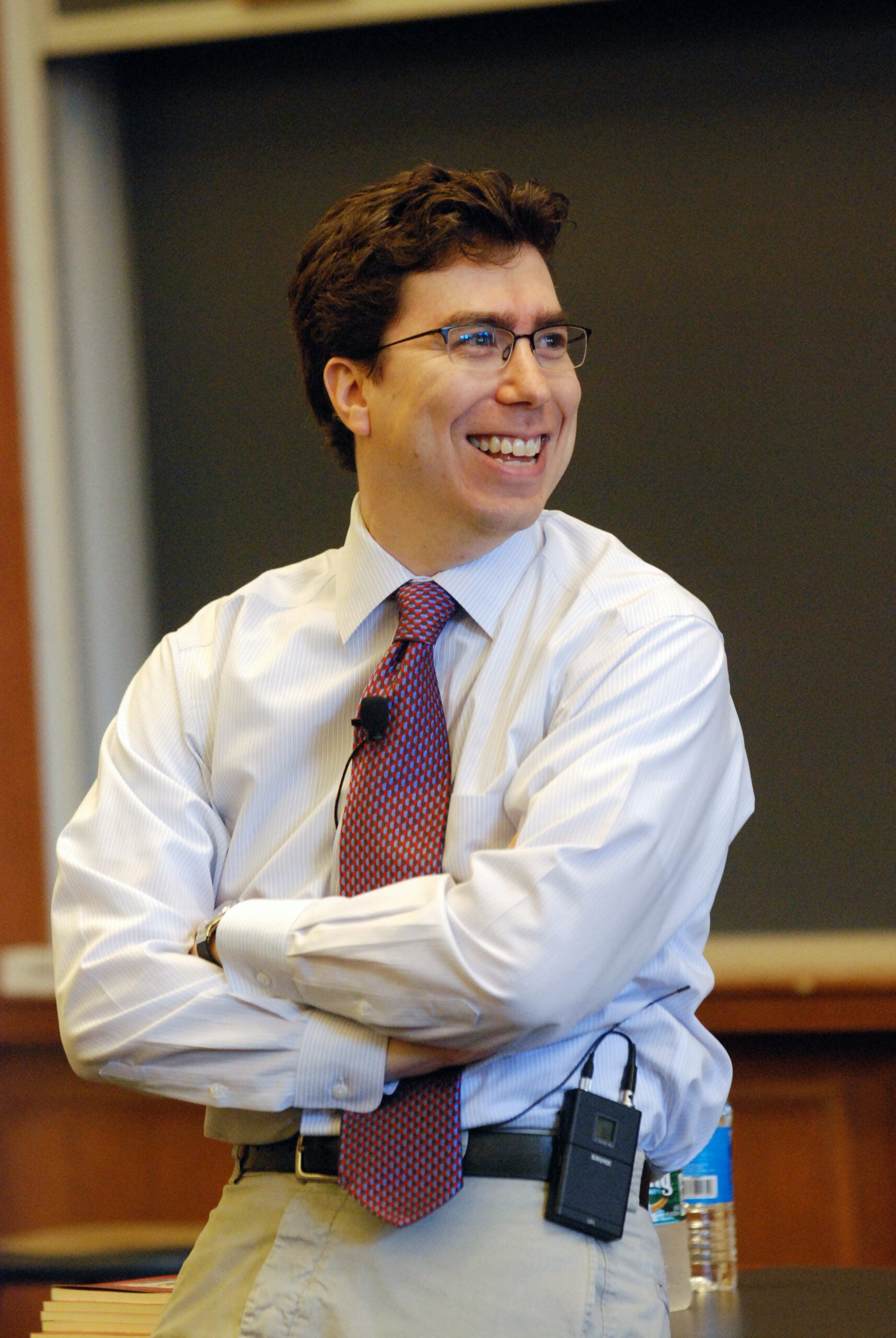In a June 15 article in the Opinion section of The New York Times, Harvard Law School Professor Jonathan Zittrain ’95 discusses the current state of computer science education, and suggests an alternative approach to teaching that focuses more on the “bigger picture” than “rote work without much prospect for intellectual growth.”
In the article, which is part of the Times’ ‘Room for Debate’ column, Zittrain writes: “Computer science curricula that lack the spirit of exploration and experimentation … won’t speed the overall pace of innovation. That’s why all-night hackathons are good ideas: they encourage people to see that the world can be changed, and that a small but determined handful of people can do it.”
In addition to his professorship at HLS, Zittrain is a professor of computer science at the Harvard’s School of Engineering and Applied Sciences and is faculty co-director of the Berkman Center for Internet and Society.
Encourage more hackathons
by Jonathan Zittrain
Educating students or the general public about computer science isn’t easy. Teaching theory can be interesting and mind-expanding, but it may be no more applicable in most people’s lives and careers than high school algebra or calculus. Teaching specific programming languages for more concrete purposes can risk having students lose sight of the bigger picture, confining them to rote work without much prospect for intellectual growth.
That bigger picture is what makes mastery of today’s technology so special: unlike many other fields of endeavor, anyone with an idea can try it out and garner an audience around it without having to ink a business plan or raise prohibitive amounts of money. Thanks to PCs that run any software they’re given, and an Internet that allows anyone to set up shop and start communicating with the world without having to do the equivalent of buying a television broadcast tower and license, we’ve seen amazing and disruptive ventures from humble beginnings. … read the full article at NYTimes.com
